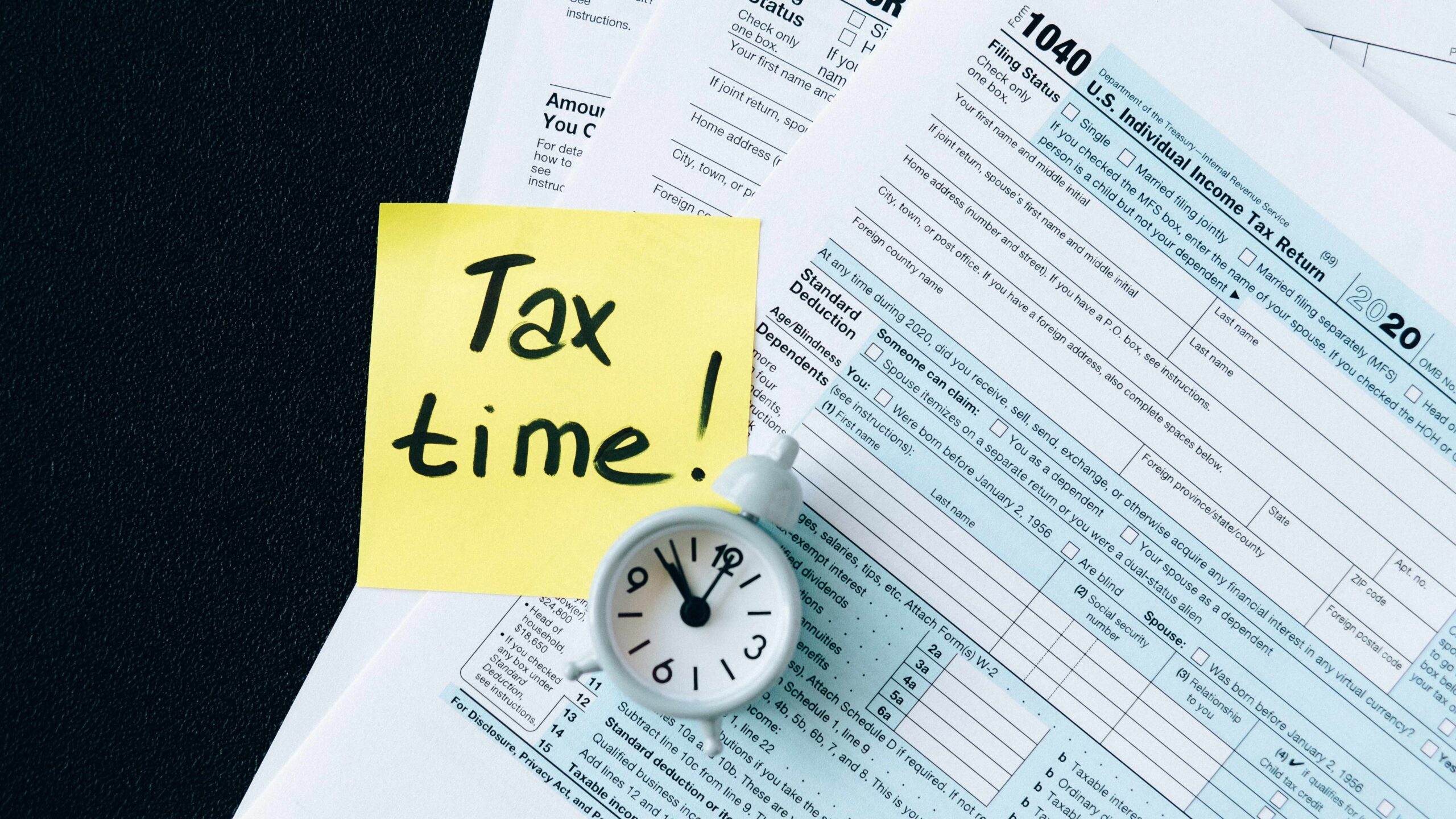
The Australian Taxation Office (ATO) has announced its focus areas for this Tax Time.
Landlords, those working from home, and investors have moved to the top of the ATO hitlist with rental property deductions, work-related expenses, and CGT all being subject to extra scrutiny this financial year.
According to ATO Assistant Commissioner Tim Loh, the ATO will be prioritising areas where mistakes are “common”.
The ATO also expects to be issuing fewer refunds, leaving more taxpayers in debt.
“We encourage rental property owners and their registered tax agents to take extra care this tax time and review their records before lodging their return,” Mr Loh said.
Currently, the ATO’s review of income tax returns shows that 9 in 10 rental property owners are getting their returns wrong (i.e. omitting rental income, overclaiming expenses, or claiming for improvements to private properties.)
Rental property owners should understand how to correctly apportion loan interest expenses where part of the loan was used for private purposes (or the loan was re-financed for some private purpose).
87% of individual rental owners use a registered tax agent to prepare their income tax returns. Work with your tax agent to review your records before they are lodged.
For more information visit ato.gov.au/rental
“We continue to see shifts in the way Aussies are working, and it’s important to consider whether your claims reflect your working arrangements this year.”
The ATO notes that while it may be tempting to just copy and paste your prior year’s claims, “We know a lot of people are working back in the office more compared to last year.”
Taxpayers should understand the changes to the working-from-home methods and be able to back up these claims.
Tailored Accounts has provided an outline of the current methods for calculating WFH expenses as well as the new record-keeping requirements for each of these methods.
“To ensure you are meeting your obligations and paying the right amount of tax, you need to calculate a capital gain or capital loss for each asset you dispose of unless an exemption applies.”
Capital gains tax (CGT) comes into effect when you dispose of assets such as shares, crypto, managed investments or properties.
Generally, your main residence will be exempt from CGT. However, if your home is being used to produce income (i.e. running a business from home or renting out a portion of it in Airbnb) CGT may apply.
Taxpayers should be keeping records for:
For more information visit ato.gov.au/CGT
The ATO is committed to supporting taxpayers to meet their obligations and has a range of resources available to help.
If you’re feeling overwhelmed or getting behind with your tax, notify the ATO as early as possible or have a chat with your registered tax agent to find a solution.
The 2023 federal budget is out and here’s what’s going on. Whether you are interested in the Individual or Business side of things (or if you just want to know what the budget did not mention), Tailored Accounts has prepared a quick cheat sheet to summarise everything you need to know.
The countdown to the end of the financial year 2023 is on, and for small business owners preparation is key to success. But just completing the necessary EOFY tasks is not enough – you need to position yourself for the year ahead.
Here’s a comprehensive EOFY 2023 checklist to help you prepare, organise, and work smarter.
Looking for ways to get more money back at tax time? Here are 6 ways to grow your super while reaping their tax benefits. From Salary Sacrifice to Government Co-Contributions, maximize your tax benefits this financial year.
Tailored Accounts © All rights reserved.